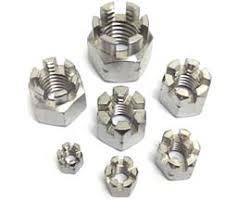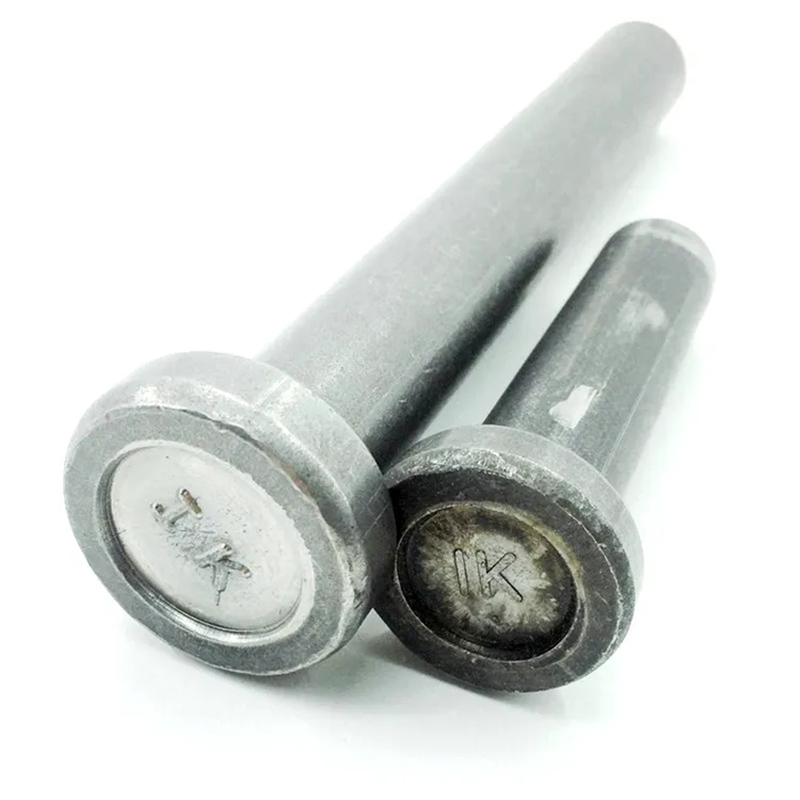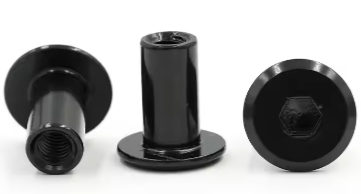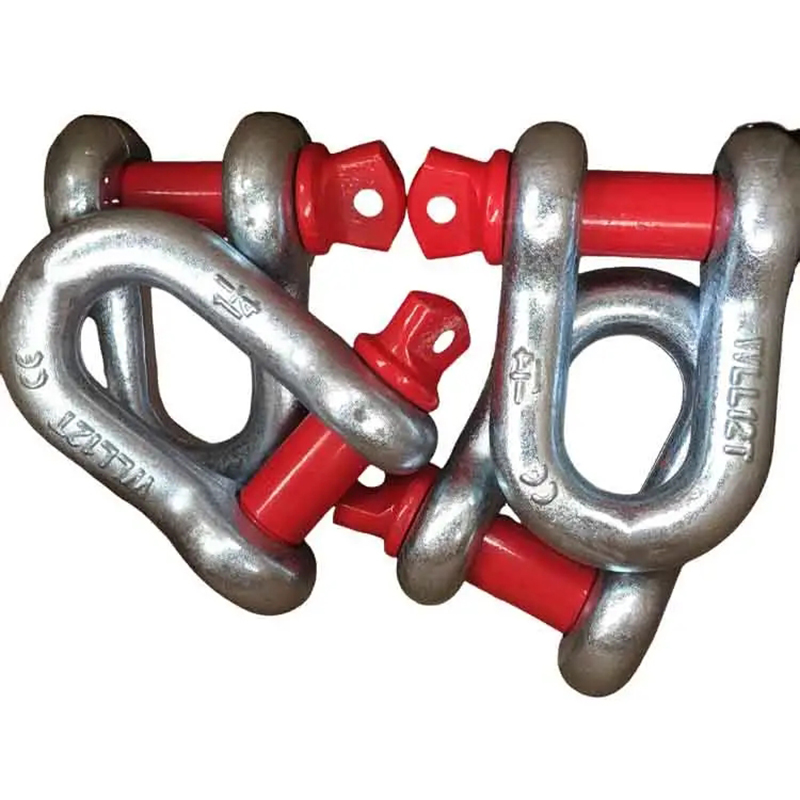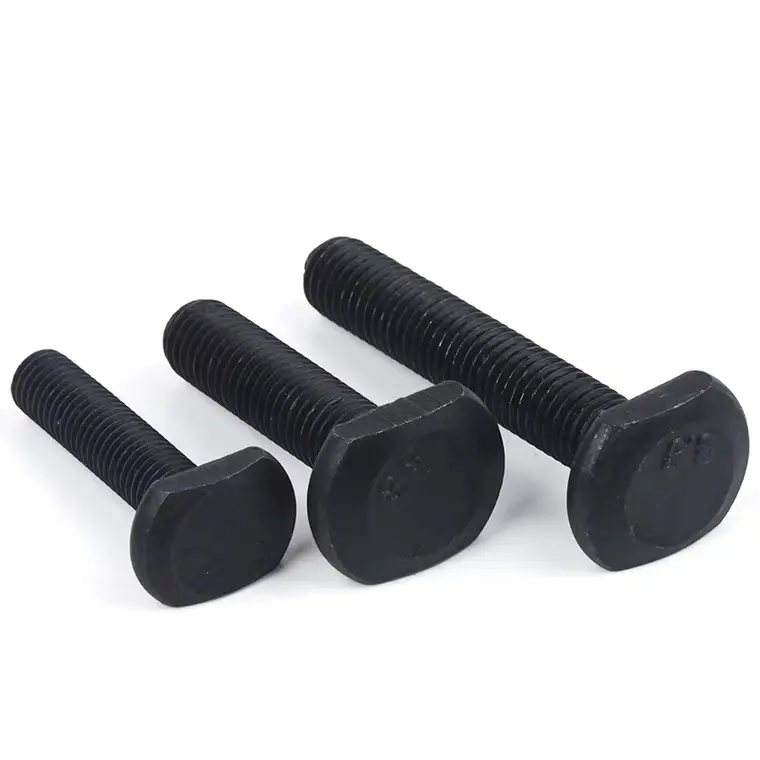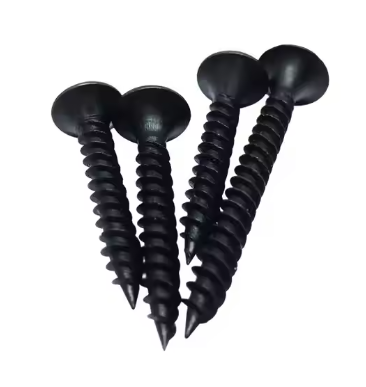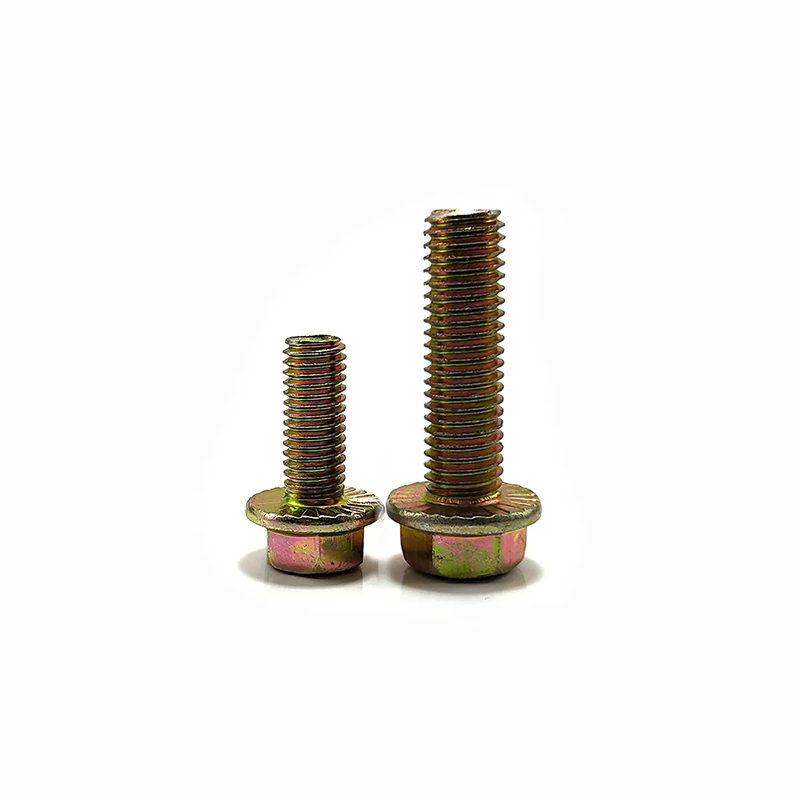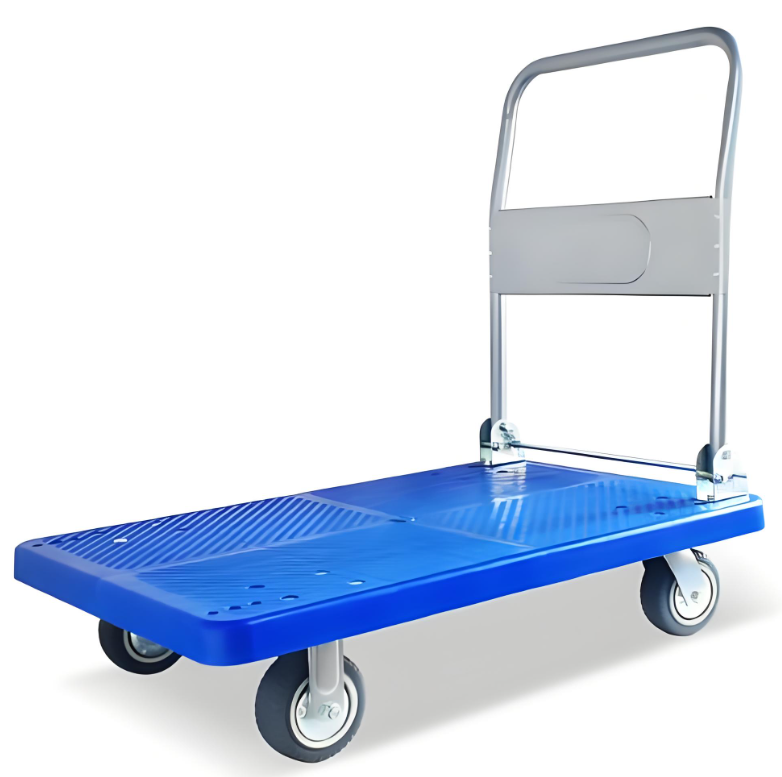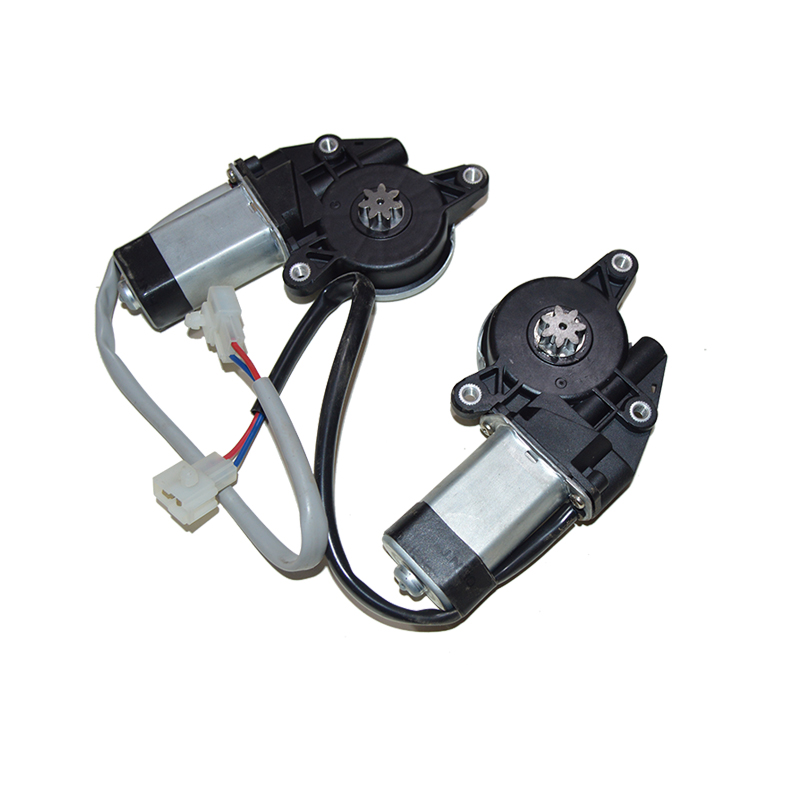

This comprehensive guide explores the world of China round nuts, covering types, applications, sourcing strategies, and quality considerations. Learn about different materials, sizes, and standards to make informed decisions for your projects. We'll also delve into the nuances of importing from China, ensuring you get the best value and quality for your needs.
China round nuts are manufactured from a variety of materials, each with its own properties and applications. Common materials include:
China round nuts are available in a wide range of sizes, specified by their diameter and thread pitch. Common thread standards include metric (M6, M8, M10, etc.) and inch (1/4, 5/16, 3/8, etc.). The choice of size and thread standard depends on the specific application and the corresponding bolt or screw.
Finding a reputable supplier of China round nuts is crucial for ensuring quality and consistency. Online platforms like Alibaba and Global Sources can be useful starting points, but thorough due diligence is essential. Check supplier ratings, certifications (like ISO 9001), and request samples before placing a large order. Consider contacting Hebei Dewell Metal Products Co., LTD for high-quality China round nuts.
Implementing rigorous quality control measures is essential when sourcing China round nuts. This includes specifying clear quality standards in your purchase order, requesting detailed inspection reports, and potentially conducting on-site inspections at the supplier's facility. Understanding relevant industry standards (e.g., DIN, ANSI, ISO) will help you define these quality parameters effectively.
Navigating import regulations and logistics is a key aspect of sourcing China round nuts. Understanding customs duties, tariffs, and shipping costs is crucial for accurate budgeting. Engage with experienced freight forwarders to ensure smooth and efficient delivery.
China round nuts find widespread applications in various industries and projects, including:
Selecting the appropriate China round nut involves considering several factors, including material, size, thread type, and finish. For example, a stainless steel nut might be preferred for outdoor applications, while a steel nut might be more suitable for high-strength requirements. Understanding these factors will help you optimize your project and ensure its long-term success.
| Material | Strength | Corrosion Resistance | Applications |
|---|---|---|---|
| Steel | High | Moderate | Heavy-duty applications |
| Stainless Steel | High | Excellent | Outdoor and corrosive environments |
| Brass | Moderate | Excellent | Decorative applications |

